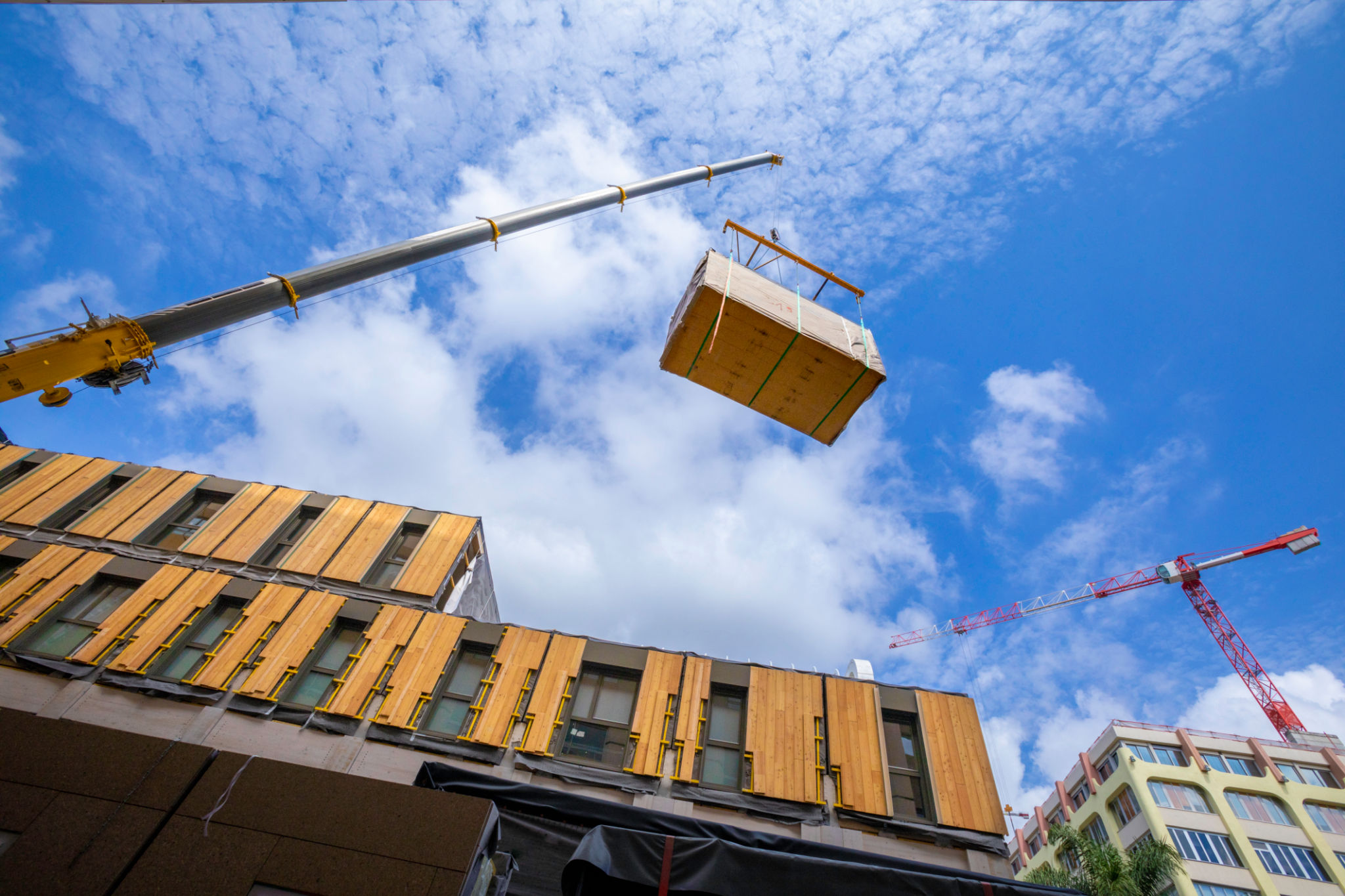Sustainable Construction Practices in Nigeria: Building for the Future
Understanding Sustainable Construction
Sustainable construction is an approach to building that prioritizes environmental, social, and economic responsibility. In Nigeria, this practice is gaining momentum as the nation seeks to balance rapid urbanization with the need to protect its natural resources. By adopting sustainable construction methods, Nigeria can contribute to global efforts to combat climate change while fostering economic growth.
The core principles of sustainable construction include reducing waste, conserving energy, and utilizing renewable resources. These practices not only minimize the environmental impact of construction projects but also enhance the long-term viability of buildings. As a result, sustainable construction is not just an environmental imperative but also a wise economic decision.

Environmental Benefits
One of the key benefits of sustainable construction in Nigeria is its potential to significantly reduce the carbon footprint of the building industry. By using eco-friendly materials and energy-efficient technologies, construction projects can drastically cut down on greenhouse gas emissions. This is crucial in a country where urban areas are expanding rapidly, and energy consumption is on the rise.
Moreover, sustainable construction practices help preserve natural resources by promoting the use of locally sourced materials and reducing dependency on non-renewable resources. This not only supports local economies but also decreases transportation emissions associated with importing materials.
Water Conservation
Water conservation is another critical aspect of sustainable construction. In Nigeria, where water scarcity is a growing concern, implementing water-efficient systems in buildings can make a significant difference. Techniques such as rainwater harvesting and greywater recycling can ensure a more sustainable water supply for both current and future needs.

Economic Advantages
Adopting sustainable construction practices in Nigeria also offers numerous economic benefits. Initially, green building projects might have higher upfront costs due to the investment in advanced technologies and materials. However, these projects often result in lower operating costs over time due to reduced energy consumption and maintenance needs.
Furthermore, sustainable buildings tend to have higher property values and occupancy rates. As awareness around environmental issues grows, more businesses and residents are seeking eco-friendly spaces. This shift in demand can lead to increased profitability for developers who prioritize sustainability.
Job Creation
The transition towards sustainable construction also generates job opportunities in various sectors. From green architecture to renewable energy installations, the need for skilled professionals in these areas is rising. This not only bolsters the economy but also equips the workforce with valuable skills for the future.

Challenges and Solutions
While the benefits of sustainable construction are clear, there are also challenges that need to be addressed. A major hurdle is the lack of awareness and understanding of sustainable practices among stakeholders in the construction industry. To overcome this, continuous education and training programs are essential to ensure that all parties involved are equipped with the necessary knowledge and skills.
Another challenge is the initial cost associated with sustainable construction projects. To alleviate this, government incentives and subsidies can play a vital role in encouraging developers to invest in green building technologies. Additionally, fostering partnerships between public and private sectors can help pool resources and expertise.
Policy Implementation
For sustainable construction to thrive in Nigeria, strong policy frameworks are crucial. The government should establish clear regulations and standards that promote environmentally friendly practices. By setting ambitious yet achievable goals, Nigeria can position itself as a leader in sustainable development within Africa.

In conclusion, sustainable construction practices offer a promising pathway for Nigeria to build a resilient future. By embracing these methods, the nation can address pressing environmental challenges while unlocking substantial economic opportunities. As stakeholders come together to champion sustainability, Nigeria is poised to become a model for green building in the region.
